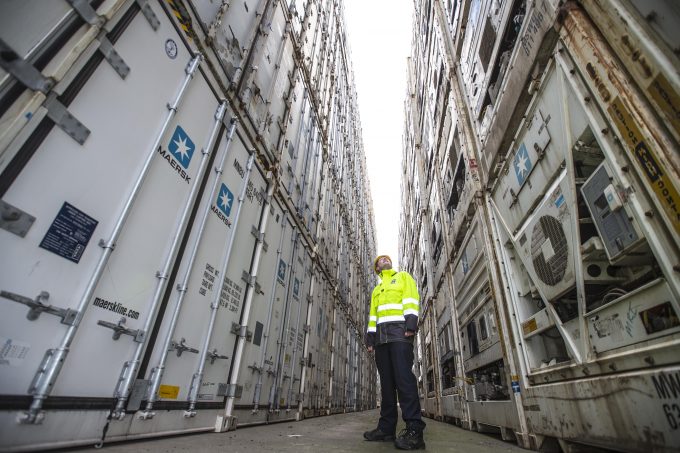US imports still rising – 'strongest performance since the pandemic'
US container import volumes continued to show surprising strength in May, according to new data ...

A new player is poised to bring the digital forwarder model to the perishables sector – with a little help from other start-ups.
Chicago-based Transship has teamed up with a trucking provider, a tech partner for global tracking and TradeLens for managing marine transport, and the ...

Comment on this article